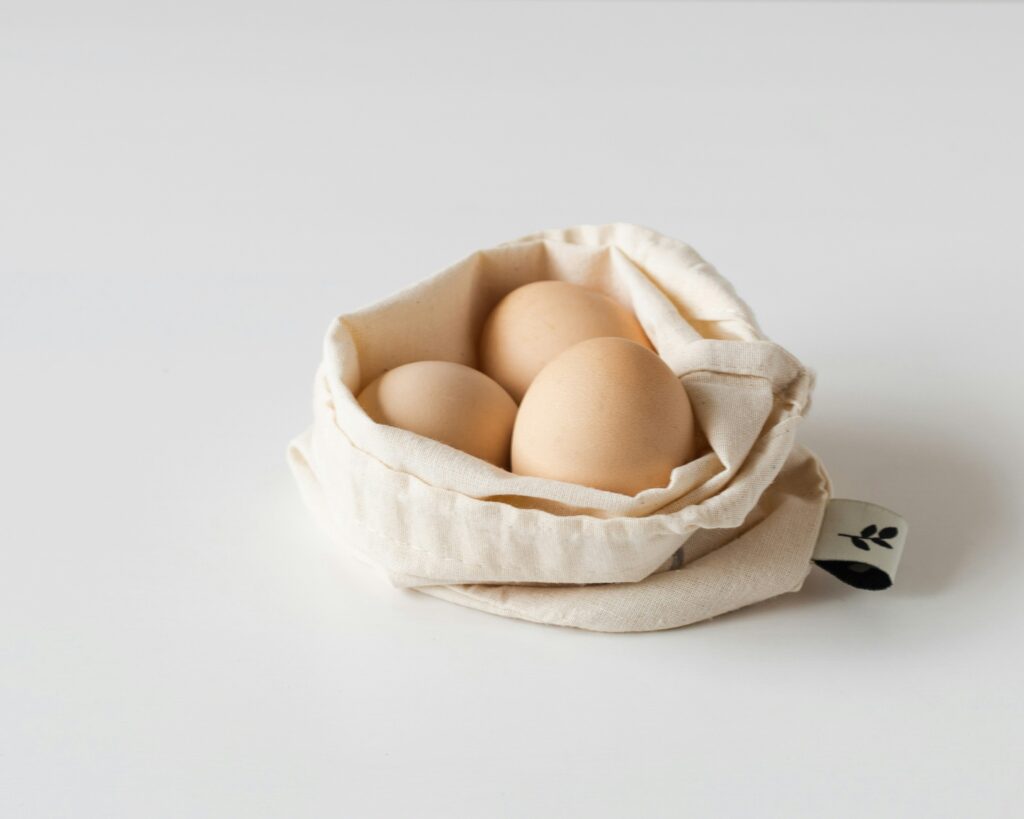Introduction
Eggs are a breakfast staple and an essential ingredient in countless recipes—but how long can eggs safely sit out at room temperature? Whether you’re prepping for a recipe, setting out brunch, or unpacking groceries, understanding egg safety is critical. According to the USDA, eggs should not be left unrefrigerated for more than two hours.
Why? Because eggs can become a breeding ground for bacteria like Salmonella enteritidis, especially when stored at unsafe temperatures. This comprehensive guide dives into all you need to know about egg safety, storage methods, signs of spoilage, and global perspectives on egg handling.

Understanding Egg Freshness
Freshness affects both flavor and safety. Here’s what plays into an egg’s shelf life:
- Egg age: The older the egg, the higher the risk of spoilage.
- Shell integrity: Cracked eggs spoil faster.
- Storage conditions: Consistent, cool temperatures slow bacterial growth.
- Washing process: In the U.S., eggs are washed, which removes the natural protective layer, increasing their refrigeration needs.
Room Temperature vs. Refrigeration
Eggs stored at room temperature for prolonged periods experience accelerated bacterial growth. Refrigeration:
- Keeps eggs safe for up to 3–5 weeks
- Slows the spread of salmonella
- Maintains quality for cooking and baking
In contrast, unrefrigerated eggs begin to lose quality after two hours in temperatures above 40°F (4°C).
USDA Guidelines on Egg Storage
According to the USDA, the golden rule is:
“Never leave cooked or raw eggs out at room temperature for more than two hours.”
Additional USDA advice:
- Store eggs in their original carton
- Keep them in the main body of the fridge (not on the door)
- Use by the “best by” or expiration date
How Long Can Raw Eggs Sit Out?
Room Temperature Timeline:
- < 2 hours: Generally safe
- > 2 hours: Risk of bacterial contamination increases
- > 4 hours: Considered unsafe, discard immediately
This applies to whole raw eggs in the shell. Once cracked or separated, they should be used or refrigerated immediately.

How Long Can Boiled Eggs Sit Out?
Boiled eggs, whether peeled or unpeeled, have slightly different guidelines:
- Safe at room temp for up to 2 hours
- In warmer conditions (above 90°F), reduce to 1 hour
- Refrigerated boiled eggs last up to 7 days
Tip: Don’t leave deviled eggs or egg salad out for long periods, especially at picnics or buffets.
Can You Eat Eggs Left Out Overnight?
Short answer: No.
Eggs left out overnight (longer than 2 hours at room temperature) should not be consumed. Even if they look and smell fine, bacteria may have already multiplied to dangerous levels.
Common symptoms of foodborne illness from bad eggs include:
- Nausea
- Vomiting
- Diarrhea
- Fever
When in doubt, throw it out.
Signs an Egg Has Gone Bad
Not sure whether that egg is still good? Here’s how to tell:
Visual Signs:
- Cracks or powdery appearance (mold)
- Discoloration
Smell Test:
- A sulfuric, rotten odor is a clear red flag
Float Test:
Place the egg in a bowl of water:
- Sinks and lays flat: Fresh
- Stands upright: Still usable, but older
- Floats: Bad—toss it
Room Temperature by Region
Climate matters. In warmer regions:
- Bacteria multiply faster at higher temperatures
- Eggs spoil quicker without refrigeration
- Even indoors, ambient temps may rise above 40°F
Always adapt storage based on local conditions and seasonal changes.

Photo by Olga Kudriavtseva on Unsplash
Egg Storage Best Practices
To extend freshness and ensure safety:
- Keep eggs in original packaging
- Don’t wash eggs before storage
- Store away from pungent foods to avoid odor absorption
- Label cartons with purchase date
How Restaurants Handle Eggs
Restaurants follow strict safety protocols:
- Commercial fridges maintain <40°F
- Eggs must be used by a certain date
- Proper handwashing and sanitizing practices are mandatory
- Eggs left out during prep are monitored and discarded if not used promptly
Common Myths About Egg Safety
Let’s debunk a few:
- “If it looks fine, it’s safe.” Not always true.
- “Farm-fresh eggs don’t need refrigeration.” Only in countries where eggs are unwashed.
- “The float test works.” Yes, it’s reliable for checking freshness.
How to Store Eggs Without a Fridge
In case of a power outage or when off-grid:
- Use coolers with ice packs
- Apply mineral oil coating to reseal the shell’s pores (only for unwashed eggs)
- Store in a cool, dark place—ideally under 50°F
Caution: These are temporary methods and should be used with care.
Organic vs. Commercial Eggs
Do storage rules differ?
- No. Once washed, all eggs (organic or not) require refrigeration in the U.S.
- Farm-fresh unwashed eggs may last longer unrefrigerated, but once cleaned, they’re just as vulnerable
Cultural Differences in Egg Storage
In Europe, many countries don’t refrigerate eggs. Why?
- European eggs are unwashed, retaining their natural protective cuticle
- Regulations differ on egg handling and cleaning
- In the U.S., eggs are washed, requiring constant refrigeration
Health Risks of Eating Spoiled Eggs
Spoiled eggs can cause:
- Salmonella poisoning
- Severe dehydration
- Hospitalization in extreme cases
At-risk groups include:
- Infants
- Elderly
- Pregnant women
- Immunocompromised individuals
FAQs
1. Can I leave eggs out while baking or cooking?
Yes—but use them within 2 hours.
2. Are brown eggs more durable than white eggs?
No—color doesn’t affect shelf life or resistance to spoilage.
3. Can you freeze eggs?
Yes—crack and store in a freezer-safe container. Don’t freeze in the shell.
4. Do pasteurized eggs need refrigeration?
Yes, pasteurization doesn’t eliminate the need for cold storage.
5. How do I safely transport eggs without a fridge?
Use an insulated cooler or thermal bag with ice packs.
6. Do eggs expire?
Yes—check the “best by” date and conduct a float or smell test.

Image by congerdesign from Pixabay
Conclusion
Eggs are nutritious and versatile, but their safety depends heavily on proper storage. In most cases, eggs should not sit out longer than 2 hours. Whether raw or cooked, room temperature is a risk zone for bacterial growth.
